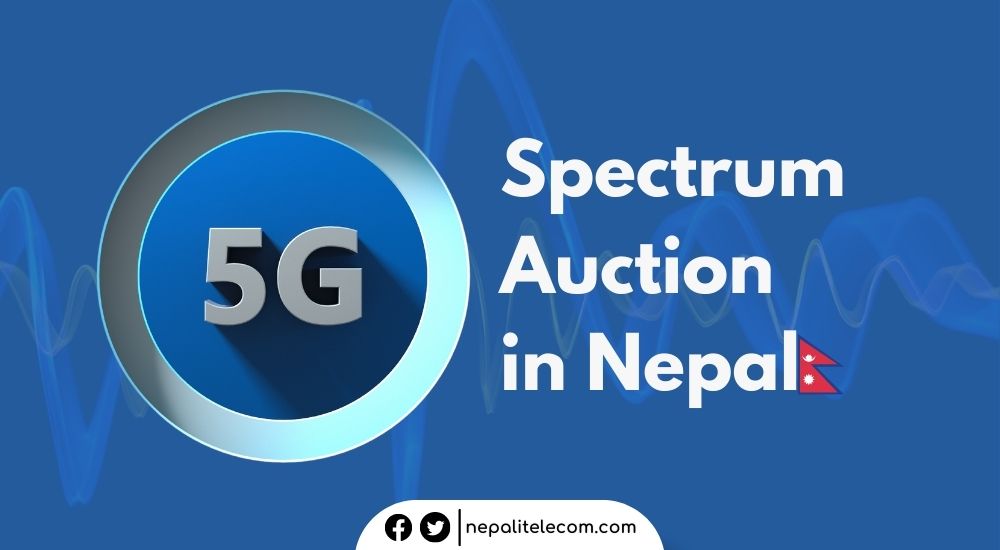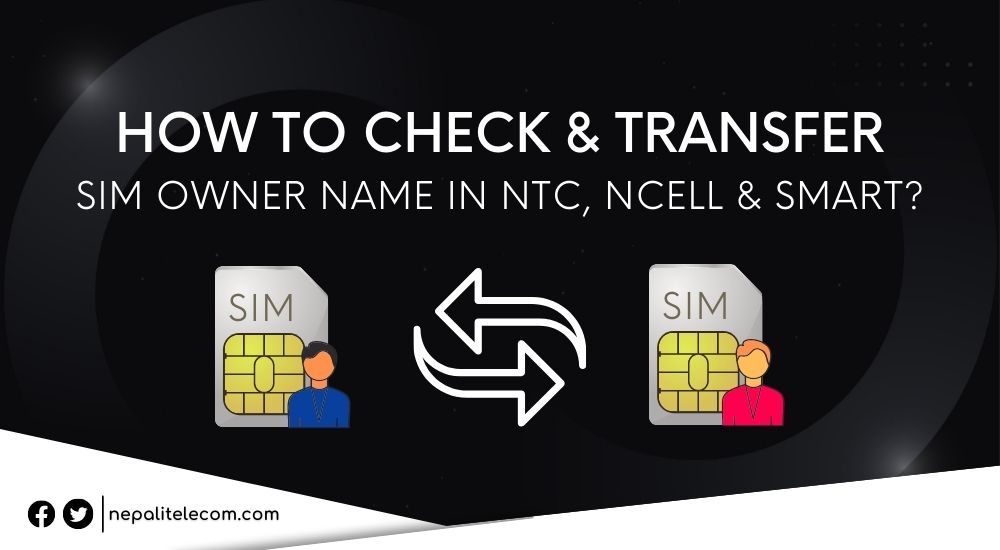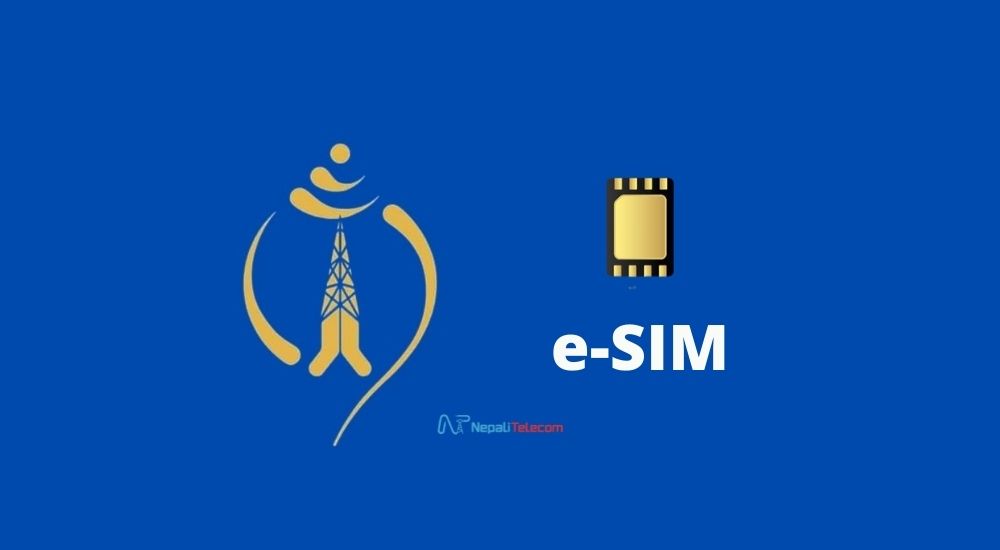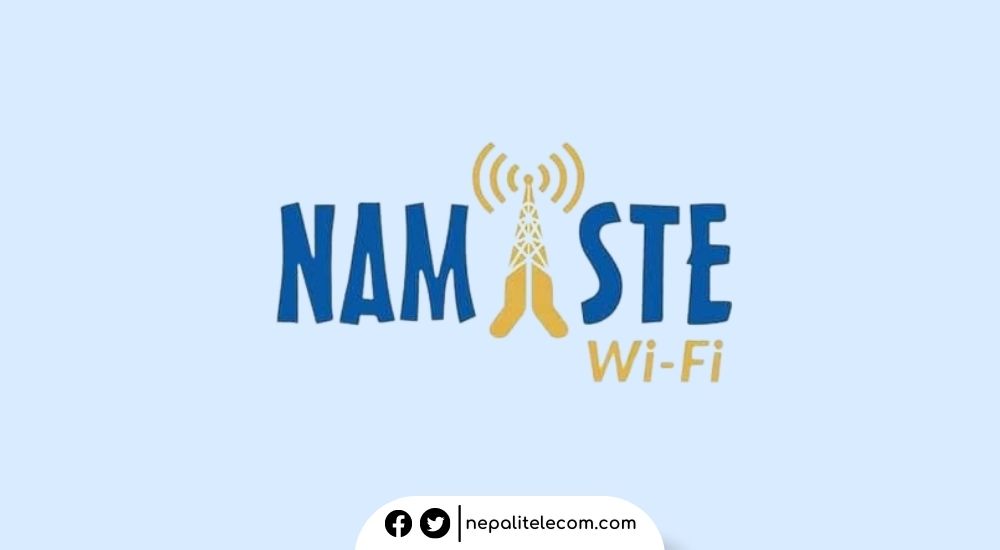State Affairs and Good Governance Committee under the House of Representatives (HoR) has unanimously passed a draft bill that grants CIAA (Commission for the Investigation of Abuse of Authority) to track phones. The move seeks to strengthen the anti-corruption body’s investigation and includes other 4 special rights including access to the suspect’s computer and other devices. The draft bill first tabled at National Assembly on Magh 07, 2076 called Corruption Prevention Act 2059 (2002) (Bhrastachar Niwaran Ain 2059) was passed unanimously by the constitutional committee on Thursday, Poush 18, 2081.
The draft bill states the right to access suspected individuals’ phone and get their details. However, it will require a permission from the court.
So, what this means is that CIAA can record someone’s phone call or ask the concerned telco or other organization for the details of the call.
This bill was first registered by Prime Minister KP Sharma Oli in the National Assembly and was passed on Ashar 08, 2077 BS. Then the lower house HoR sent the bill to the State Affairs Committee on Bhadra 31, 2080 BS. Though the bill has been passed by the committee, it will still require a nod from the HoR to come into law.
Also find out: How to view call detail record of Ntc, Ncell?
CIAA to get the right to phone tracking
The right lets CIAA intercept calls of the individuals under investigation. The authority can implement innovative technologies in its investigation. The draft bill’s purpose is to bring into implementation new measures to bolster corruption investigation. There are specially five rights in it:
- Control delivery
- Under-cover operation
- Call interception or right to phone call details with a court approval
- Access to computer or other equipment of communication
- Continuous probation of the suspected
Will require cooperation
But the road to track phones will go through multiple tiers. While CIAA might have the authority, it will require cooperation from telcos like Nepal Telecom (NTC), Ncell and internet service providers (ISPs) as well.
Previously, both telecom operators refused to give in to NTA for TERAMOCS cooperation due to suspicion of phone tapping and privacy issue. So, we might hear something from the companies and ISPs, etc. when the bill turns into low and gets ready for implementation. Let’s see how everything transpires in the next few days.
Don’t miss the latest on MDMS status, is it even operational?
Good or bad
It’s not the first time that we are hearing a state talking up phone tracking. Content filtering, phone tapping has remained in discussion for long. However, the idea of phone tapping has remained unpopular and only drawn trepidation so far.
But now, the latest move to constitutionalize the phone tracking looks ready to come into law with only the HoR remaining to give its nod. But how the industry experts, stakeholders, service providers, and the public react to it is yet to be noticed. Further, the phone call interception requires cooperation from telcos and ISPs. Because they might not have proper system, mechanism in place for such interception.
As the government prepares for phone tracking law, we want your honest views on it. Do you think the state should eavesdrop on the calls of the suspected for investigation purposes or it breaches personal freedom entirely? We would love to hear your opinion in our comments section below.










